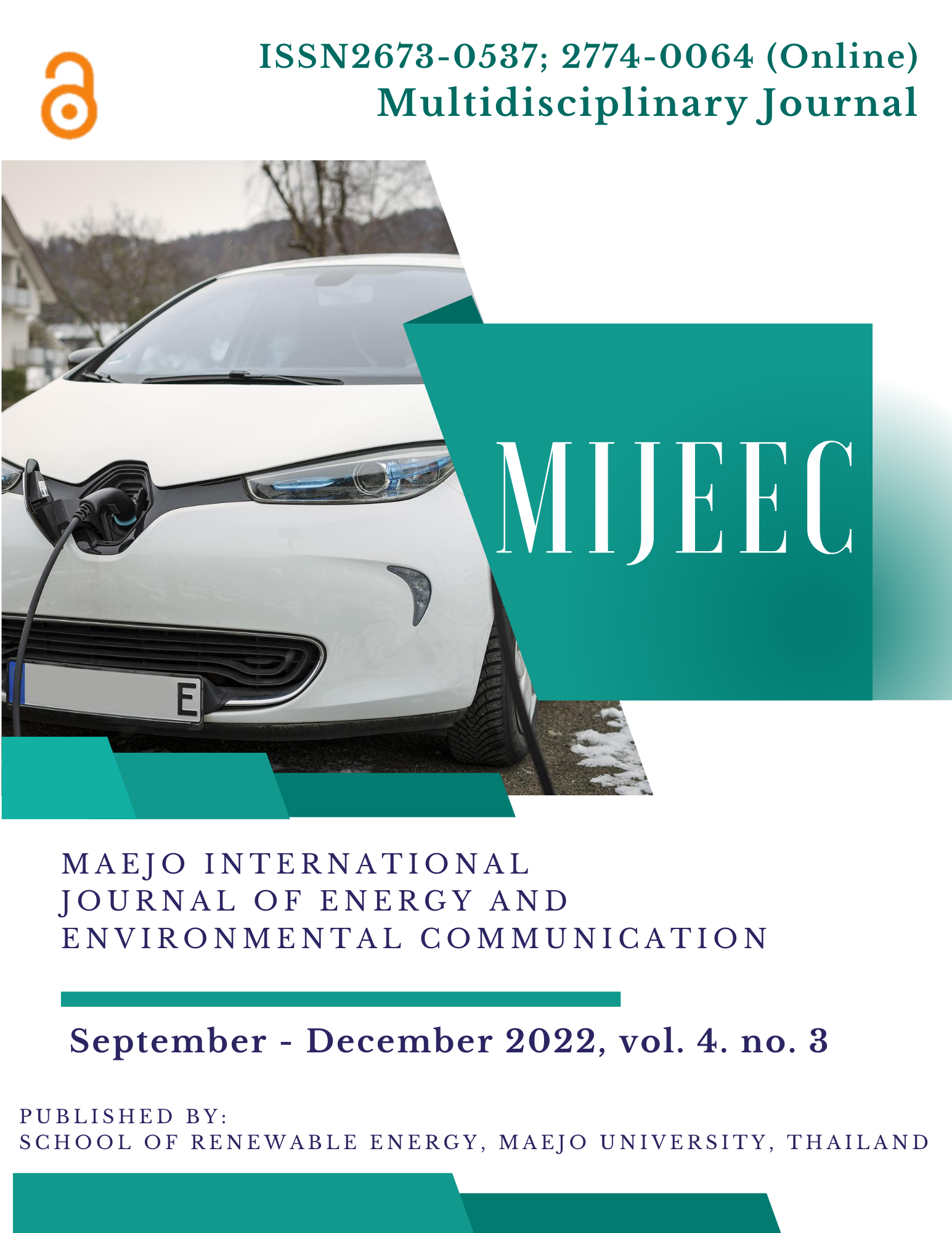Biomass-derived nano-catalyst for biodiesel production from waste cooking oil
Main Article Content
Abstract
This study aimed to produce a nanocatalysts from inexpensive barley straw using nickel (Ni) and cobalt (Co) to support waste cooking oil-based biodiesel production. At 400 °C without oxygen and 1-5 bars of pressure, the gasification procedure of barley straw biomass (100g dry basis) was utilized in a muffle furnace with Ni and Co nano-catalysts. The biomass:Ni:Co catalyst mixing ratio is 1:1:1. The catalyst content and reaction time were applied for 2 hours. Then, at molar ratios of methanol:oil (6:1, 9:1, and 12:1) with the amount of catalyst (1, 2, and 3% weight percent basis), at 2 hours reaction time. Accordingly, the factors impacting the transesterification of biodiesel synthesis were evaluated. The process employing methanol:oil molar ratio of 6:1 and a catalyst quantity of 2% wt was the best for producing biodiesel. Based on the results of this study, nanocatalysts formed from biomass, which can be obtained from agricultural waste, hold commercial promise as a catalyst source for biodiesel.
Article Details

This work is licensed under a Creative Commons Attribution 4.0 International License.
Copyright © 2019 MIJEEC - Maejo International Journal of Energy and Environmental Communication, All rights reserved. This is an open-access article distributed under the terms of the Creative Commons Attribution-NonCommercial- Attribution 4.0 International (CC BY 4.0) License






